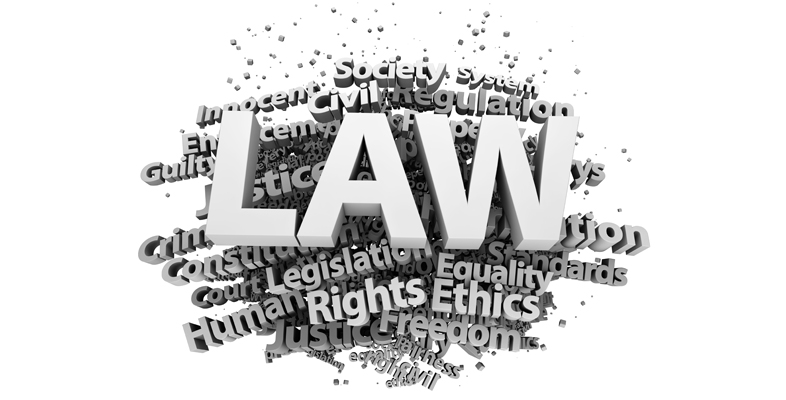4.3 Studying law
Social workers are not lawyers; it is therefore important to know when to either call on professional legal advice or advise service users and others to seek such advice. Since the mid-1980s there has been much discussion and debate about the nature and level of legal knowledge needed by social workers. Historically, social work training programmes had tended to regard law as a discrete body of knowledge imported from another professional discipline without first being distilled through the value base of social work practice. Social workers were therefore encouraged to absorb legal facts in the abstract, which contributed to the view that the law was difficult to understand and not always relevant.
Learning the law in an abstract fashion, that is by just learning the text of legislation and the decisions on cases, is of little use to practitioners, because they must learn to apply the law to complex situations while ensuring that they do so in a way which is consistent with social work values. Often, the advice, support or intervention that is needed is clear – for example, in the case of a family with a disabled child whose mobility is being adversely affected by the width of the doorways in the family home. In such a case the social worker would provide advice on obtaining funding to make the alterations to the home, or advice and assistance in moving to a more suitable home. More often, the social worker will have a number of options or choices about the best way forward and must use professional discretion in order to decide on the appropriate path.
In summary, the law provides a framework for practice by granting the social worker the power to take action – such as applying to detain a person with mental health issues, or the discretion to provide support – but it does not prescribe what the correct course of action should be in each case. This is a matter for the social worker to decide, using the framework created by the law. Legal rules do not by themselves provide a clear, consistent and comprehensive guide to practice. The missing ingredient is a commitment to good or ethical practice.
